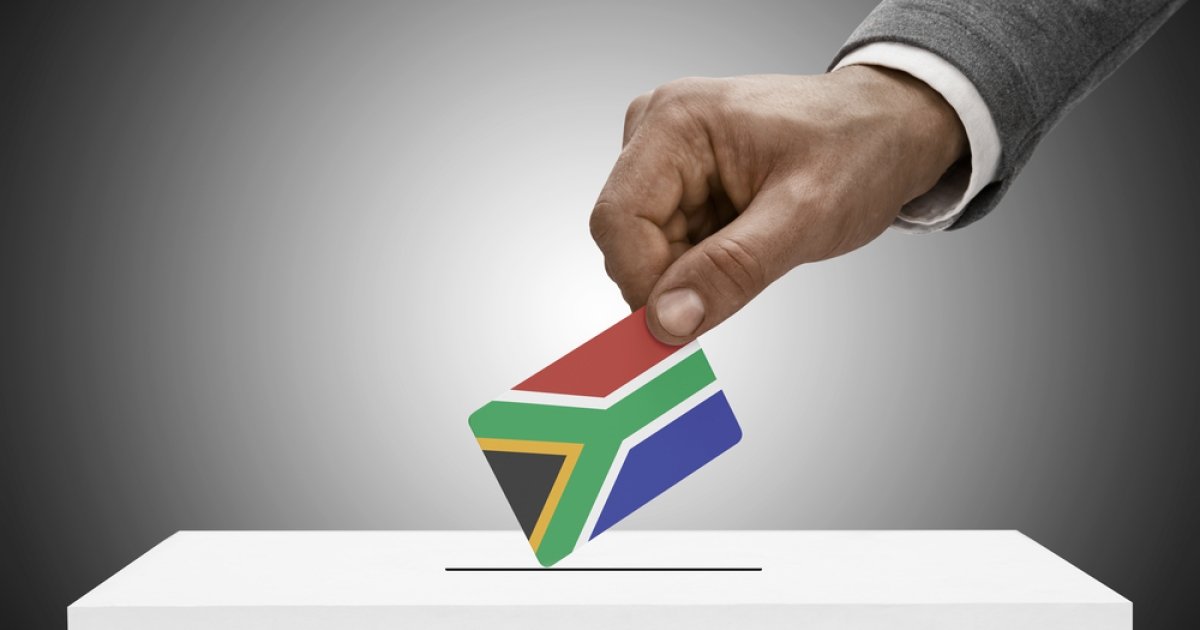South Africa's Historic Election: A Turning Point for the Young Democracy
South Africa held its sixth democratic election on May 29, 2024. The results marked a significant shift in the political landscape of the country, with President Cyril Ramaphosa's African National Congress (ANC) party failing to secure a majority in Parliament for the first time since Nelson Mandela's election in 1994.
Despite having Africa's most industrialized economy, South Africa continues to grapple with the legacies of apartheid. Unemployment and racial inequality remain pressing issues, three decades after the end of white minority rule. In her State of the Nation address on June 6, former Public Protector Thuli Madonsela highlighted these challenges and emphasized that South Africa's democratic journey is far from complete.
The May 29 election brought a new dynamic to South African politics, with eighteen parties winning at least one seat in Parliament. President Ramaphosa acknowledged the results and vowed to uphold the constitution in whatever governing arrangement the ANC reached with opposition parties. Approximately one-third of eligible voters did not participate, raising concerns about voter apathy and opposition party growth.
The election outcome has sparked a renewed sense of hope for change among South Africans. The new political landscape offers an opportunity to address the country's deep-rooted issues and strengthen its young democracy. However, it also presents challenges in forming a stable government that can effectively tackle these problems.
Background Information:
South Africa gained independence from British rule in 1931 but was governed under apartheid until 1994. The system of institutionalized racial segregation and discrimination left deep scars on the country's social fabric. Nelson Mandela, a prominent anti-apartheid activist, was elected as the first black president in South Africa's first all-race democratic election in 1994.
Since then, the ANC has dominated South African politics. However, allegations of corruption and mismanagement within the party have eroded public trust and support. The recent election results reflect this disillusionment with the ruling party.
In conclusion, South Africa's historic election marks a turning point for its young democracy. The new political landscape offers an opportunity to address long-standing issues of unemployment, racial inequality, and corruption. However, it also presents challenges in forming a stable government that can effectively tackle these problems while maintaining the unity and stability of the nation.

